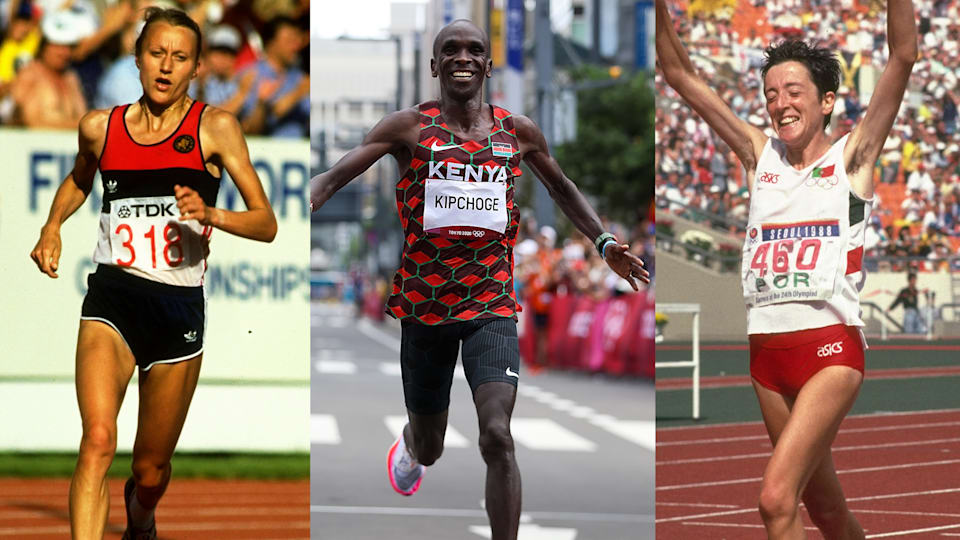
Here’s a draft article about the Rugby World Cup 2027 schedule. Note that as of October 26, 2023, the official schedule is not yet released. This article speculates on a potential schedule based on past tournaments and the known host nations (USA and Canada). The specific dates, venues, and match-ups are entirely hypothetical.
Rugby World Cup 2027: A Speculative Look at the Tournament Schedule
The anticipation is building for the 2027 Rugby World Cup, a joint venture hosted by the United States and Canada. This will be the first time the tournament is held in North America, marking a significant expansion of the sport’s global reach. While the official schedule remains under wraps, we can speculate on a potential format and timeline based on previous tournaments and the logistical considerations of a transcontinental event.
A Transcontinental Challenge: Logistical Considerations
Hosting a Rugby World Cup across two countries presents unique challenges. The geographical distance between major cities in the US and Canada requires careful planning to ensure efficient travel for teams, fans, and officials. The tournament organizers will likely need to prioritize a schedule that minimizes travel time between venues, potentially grouping matches in specific regions before shifting to others. This could involve a phased approach, focusing initially on one nation before transitioning to the other, or perhaps a more geographically balanced distribution, alternating between US and Canadian cities.
A Potential Tournament Structure:
The 2027 Rugby World Cup is expected to retain the established format of a pool stage followed by knockout rounds. With the participation of 20 teams, we can anticipate four pools of five teams each. Each team plays four pool matches, with the top two teams from each pool advancing to the quarter-finals. This will necessitate approximately six weeks of pool play.
Hypothetical Schedule: A Six-Week Pool Stage
Considering the geographical spread and the likely need for efficient scheduling, a potential six-week pool stage could look like this:
Week 1-2: Eastern US Hub
This phase could center around major cities on the East Coast of the US, possibly including:
- New York City: Matches at a renovated MetLife Stadium or a purpose-built stadium.
- Philadelphia: Lincoln Financial Field, home to the NFL’s Philadelphia Eagles, could host matches.
- Boston: Gillette Stadium, known for its capacity and infrastructure, could also be a potential venue.
These venues offer substantial capacity and excellent infrastructure for hosting international matches. The concentration of matches in a geographically compact region reduces travel burdens for teams.
Week 3-4: Central & Western US Hub
Shifting westward, the tournament could then move to cities like:
- Chicago: Soldier Field offers a historical backdrop and significant capacity.
- Dallas: AT&T Stadium, the home of the Dallas Cowboys, could host several matches.
- Los Angeles: A new stadium or a renovation of an existing facility would be needed to accommodate Rugby World Cup standards.
This leg introduces a geographical challenge, but careful planning of travel routes and match scheduling can mitigate these issues.
Week 5-6: Canadian Leg
The final two weeks of the pool stage could be allocated to Canadian cities, potentially:
- Toronto: BMO Field or a new stadium built specifically for the tournament.
- Vancouver: BC Place Stadium, a versatile venue, could be a suitable choice.
- Montreal: Olympic Stadium, with its iconic architecture, could host matches.
This arrangement allows for a gradual geographical progression, minimizing the logistical headaches associated with long-distance travel.
Knockout Stage: A National Focus?
The knockout stage, consisting of quarter-finals, semi-finals, and the final, could be strategically distributed across the two countries. It’s conceivable that the quarter-finals could be held across different venues in both the US and Canada, followed by the semi-finals concentrated in one or two major cities, perhaps one in each country. The final, naturally, would be the grand spectacle held at a venue with maximum capacity and atmosphere. A potential final venue could be a purpose-built stadium in a major US city or a dramatically renovated existing venue in a city like Los Angeles or New York.
The Fan Experience:
The organizers will need to prioritize the fan experience, which will include easy access to transportation, comfortable accommodation, and attractive entertainment options. This will necessitate significant investment in infrastructure, including transportation links between venues, fan zones, and hospitality packages.
Conclusion:
While this is a speculative schedule, it highlights the potential logistical complexity and the opportunities that lie ahead for the 2027 Rugby World Cup. The tournament promises to be a spectacular event, not only showcasing the athleticism and passion of the sport but also introducing rugby to a new and broader audience in North America. The official schedule, when released, will undoubtedly be the result of extensive planning and careful consideration of all these factors, ensuring a memorable and successful tournament. The wait will be worth it, as this tournament promises to reshape the landscape of global rugby.



